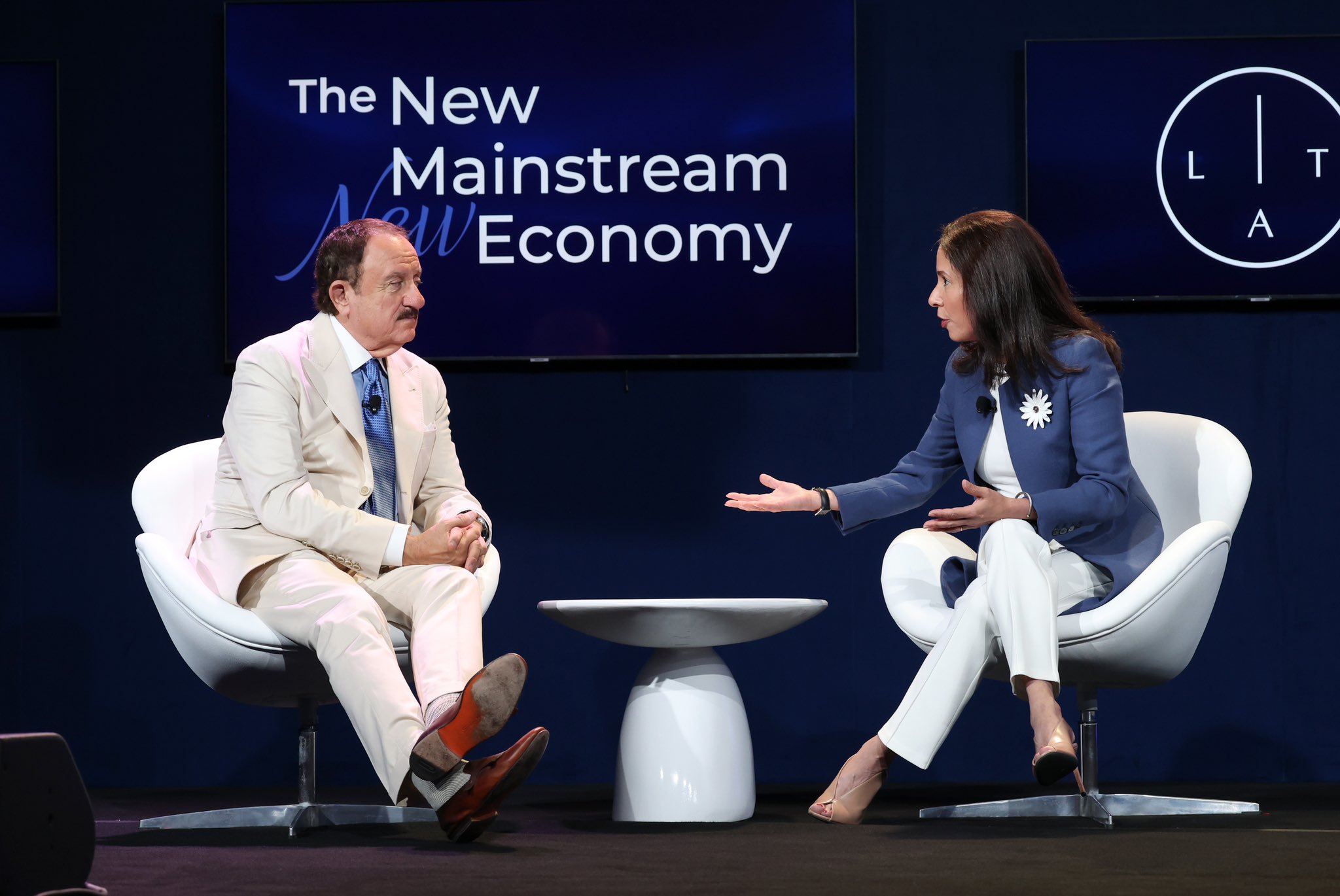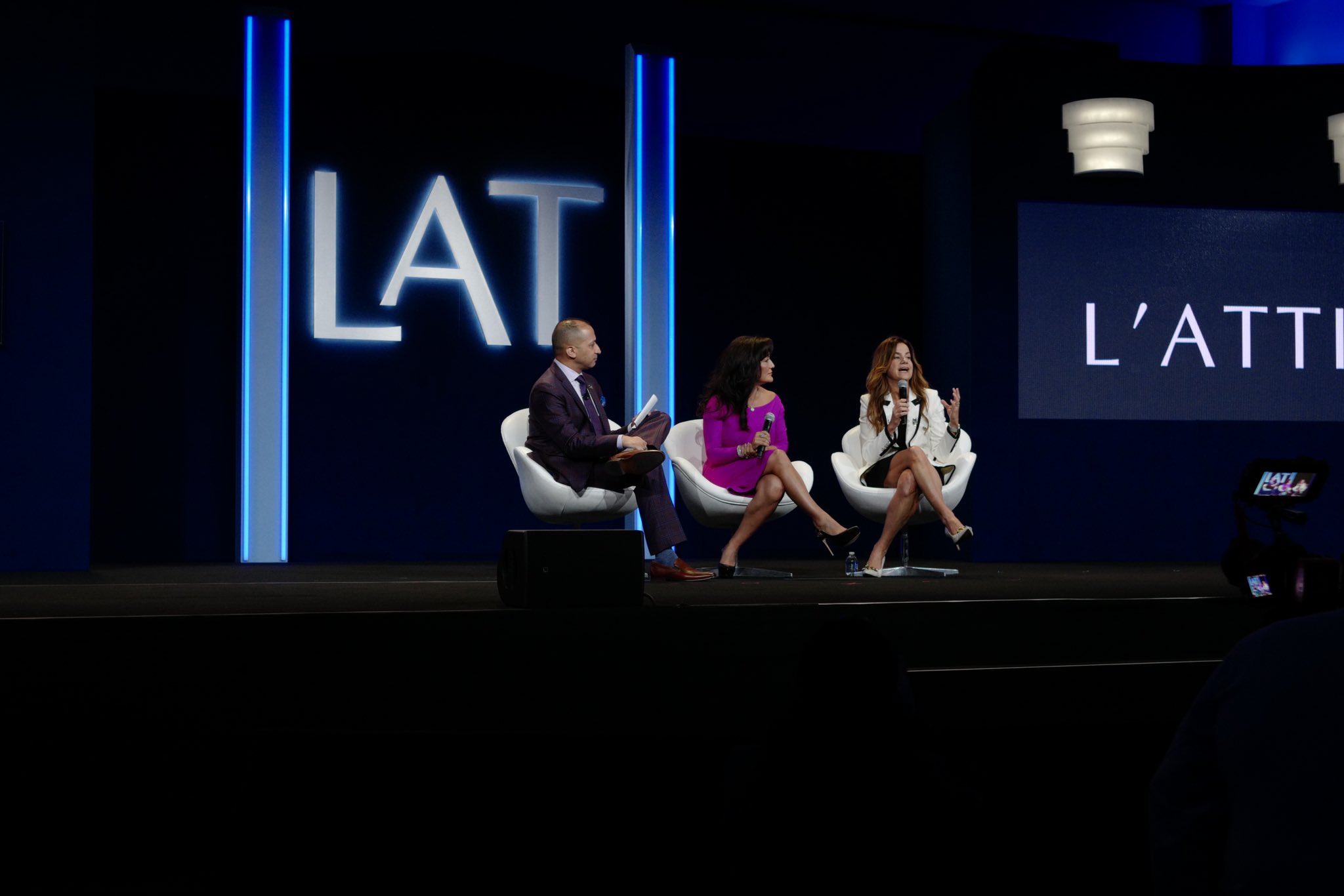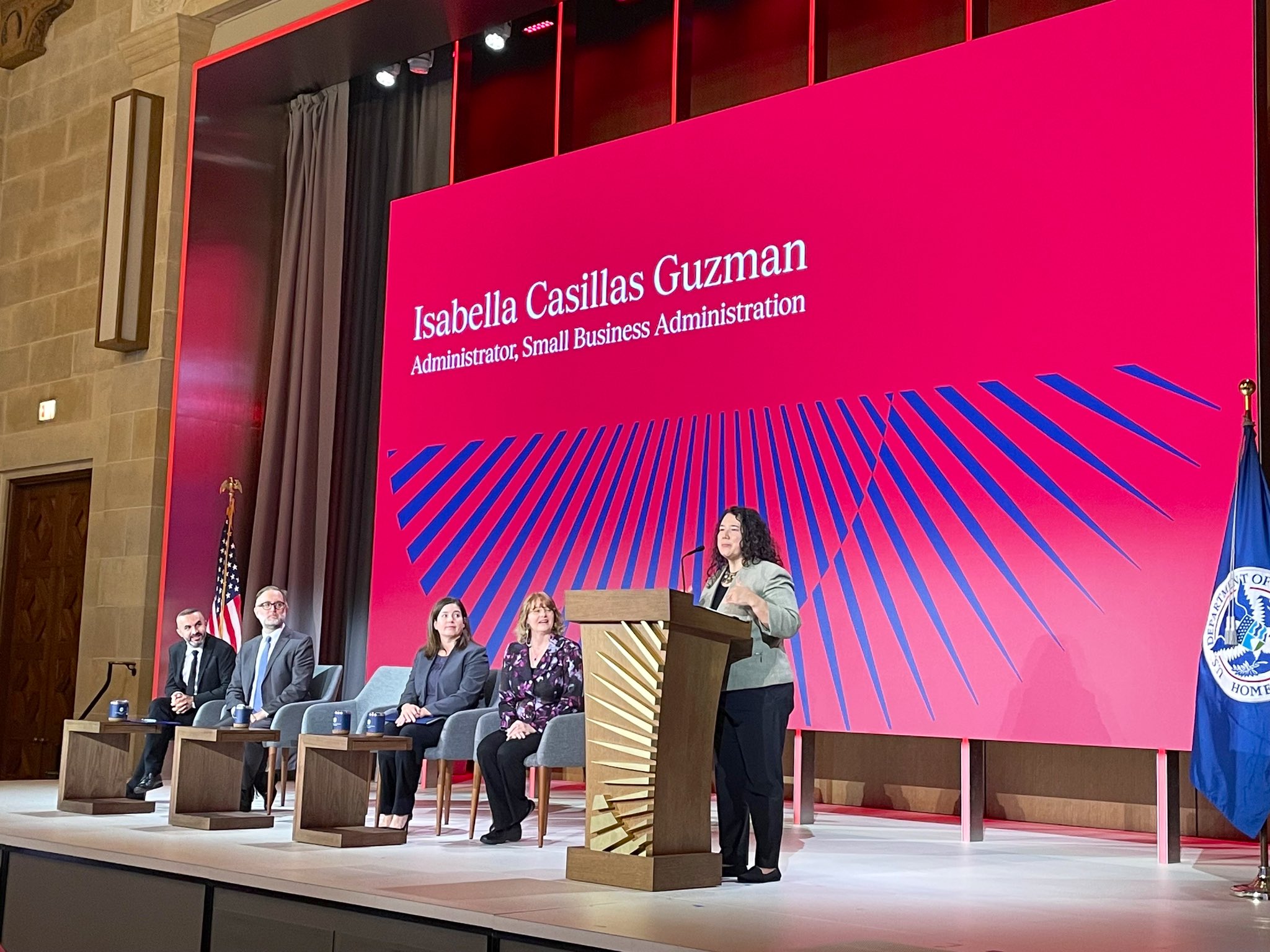
What should small businesses expect from the CARES Act AKA the federal government’s coronavirus stimulus package?
$350 billion is slated to go towards U.S. small businesses, but how can they access it and how much?
Almost a week ago, on March 27, U.S. President Donald Trump signed into law the largest economic relief bill in the country’s history — worth $2 trillion — to counteract the economic downturn caused by COVID-19’s shutdown of everyday life.
Part of that $2 trillion is $350 billion for small businesses across the U.S.
The funds will be distributed by the U.S. Small Business Administration (SBA) through a newly-created Paycheck Protection Program.
Eligible small businesses are those with less than 500 employees, unless they meet the SBA’s small business size standards, and can apply for loans of up to $10 million.
Applications can be submitted through any SBA 7(a) lender, federally insured depository institution, credit union or Farm Credit System. That’s a lot to process, but there is a list of SBA’s top lenders to get an idea of where to look.
Loan amounts will be fully forgiven if 75% of the funds go towards payroll. They can also be used for interest on mortgages, rent, and utilities.
The loan’s maturity is two years at an interest rate of 0.5% and forgiveness is reduced if staff and salaries are cut.
Lenders can start processing loan applications on April 3.
Other federal support from SBA can also be found through its Economic Disaster Relief loans. COVID-19’s effect has made these loans available for small businesses in every state in the U.S.
Economic Disaster Relief loans offer up to $2 million in funds, have 30-year payback periods and an interest rate of 3.75%.
To apply, SBA has implemented a streamlined application process amid the demand created by COVID-19, which starts with an eligibility verification form.
RELATED CONTENT
Unfortunately, not long after Pennsylvania implemented its Working Capital Access Program, applications stopped being accepted on March 31 after overwhelming demand.
As of March 30, Philadelphia’s PHL COVID-19 Small Business Relief Fund, with $9.5 million in funding, is still accepting applications for its microenterprise grant worth up to $5,000. It is only for businesses making less than $250,000 a year.
Despite still running, First Deputy Commerce Director Sylvie Gallier Howard said there were more requests for funding than money to distribute on March 27.
She also said Philadelphia’s Department of Commerce and PIDC are working to get more private funders, but the end goal of the fund is to provide a “life-raft” to small businesses until more federal and state aid arrives.
Outside of government resources, the Local Initiatives Support Corporation (LISC) has partnered with Verizon to create the Verizon Small Business Recovery Fund. The telecommunications giant made an investment of $2.5 million to offer grants of up to $10,000 for small businesses.
Applications for the first round of grants are open until April 4.
Facebook has also talked about a $100 million grant program for small businesses in over 30 countries around the world but has yet to do anything other than offer updates on progress.











LEAVE A COMMENT:
Join the discussion! Leave a comment.